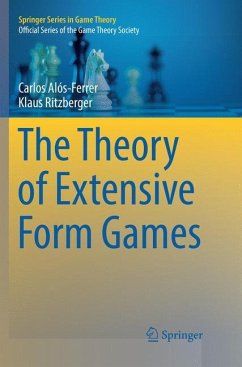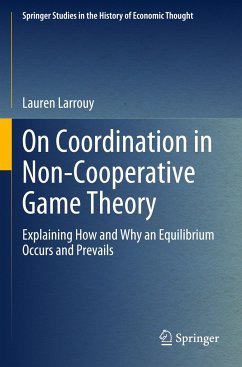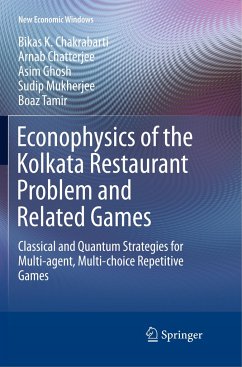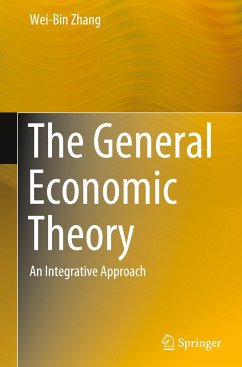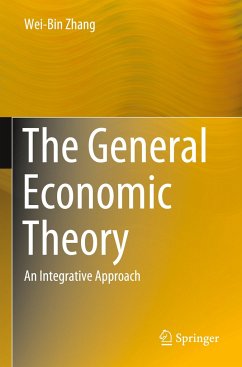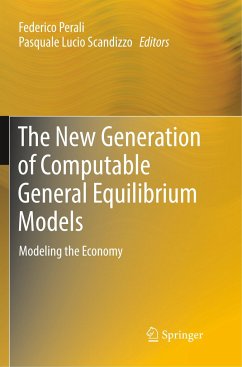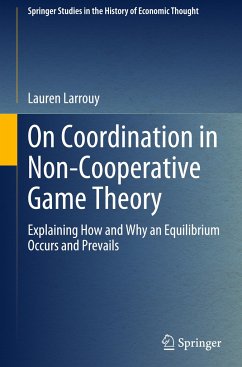
Equilibrium Theory for Cournot Oligopolies and Related Games
Essays in Honour of Koji Okuguchi
Herausgegeben: Mouche, Pierre von; Quartieri, Federico
Versandkostenfrei!
Versandfertig in 6-10 Tagen
76,99 €
inkl. MwSt.

PAYBACK Punkte
38 °P sammeln!
This state-of-the-art collection of papers on the theory of Cournotian competition focuses on two main subjects: oligopolistic Cournot competition and contests. The contributors present various applications of the Cournotian Equilibrium Theory, addressing topics such as equilibrium existence and uniqueness, equilibrium structure, dynamic processes, coalitional behavior and welfare. Special emphasis is placed on the aggregative nature of the games that are relevant to such theory. This contributed volume was written to celebrate the 80th birthday of Prof. Koji Okuguchi, a pioneer in oligopoly t...
This state-of-the-art collection of papers on the theory of Cournotian competition focuses on two main subjects: oligopolistic Cournot competition and contests. The contributors present various applications of the Cournotian Equilibrium Theory, addressing topics such as equilibrium existence and uniqueness, equilibrium structure, dynamic processes, coalitional behavior and welfare. Special emphasis is placed on the aggregative nature of the games that are relevant to such theory. This contributed volume was written to celebrate the 80th birthday of Prof. Koji Okuguchi, a pioneer in oligopoly theory.





